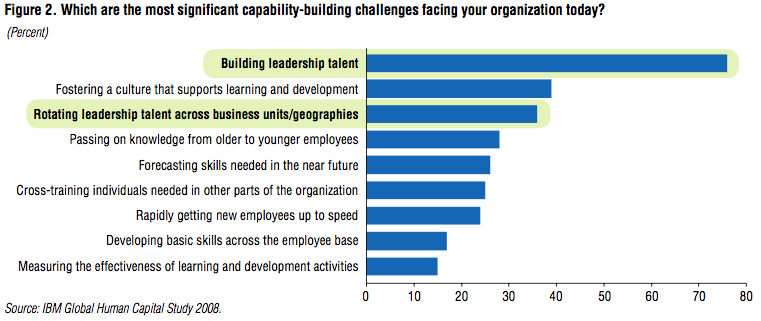
Management in formation - People Management
Inside one of the buildings, you might have found the eminent leadership academic John Alban-Metcalfe. He's giving a lecture to an assemble "some of the worst examples of leadership can come at the top of organisations", and citing such sources as Charles Handy while proceeding to debunk the myth of the charismatic leader.Breaking Down mLearning - mLearning Hub
At the highest level we can separate mLearning into learning applied to mobile devices inside the classroom and those outside the classroom. Please note I realize the simple fact that something that is mobile means it could easily move in or out of the "classroom", however there is an important distinction between the two. Also see, iPods for Learning.Teaching in the digital world, part I: technology is not always your friend - Science Blogs
Teaching an on-line course turned out to be as much a learning experience for me as it was for my students. Now, it's time to step back and reflect on what was learned.Six Dangerous Myths About Pay - Conde Nast
Portfolio Off-price clothing retailer Men's Wearhouse pays higher-than-average wages and invests extensively in training. These unusual moves let it reduce turnover and compete on customer service, superior product knowledge, and sales skills - advantages that rivals can't easily copy.Beyond Blogs - Business Week
Workers can fritter away hours on YouTube. They can use social networks to pillory a colleague or leak secrets. That's the downside, and companies that don't adapt are sure to get lots of it.But there's an upside to the loss of control. Ambitious workers use these tools to land new deals and to assemble global teams for collaborative projects. The potential for both better and worse is huge, and it's growing - and since 2005 the technologies involved extend far beyond blogs. So our first fix is to lose "blogs" from our headline. The revised title: "Social Media Will Change Your Business."





